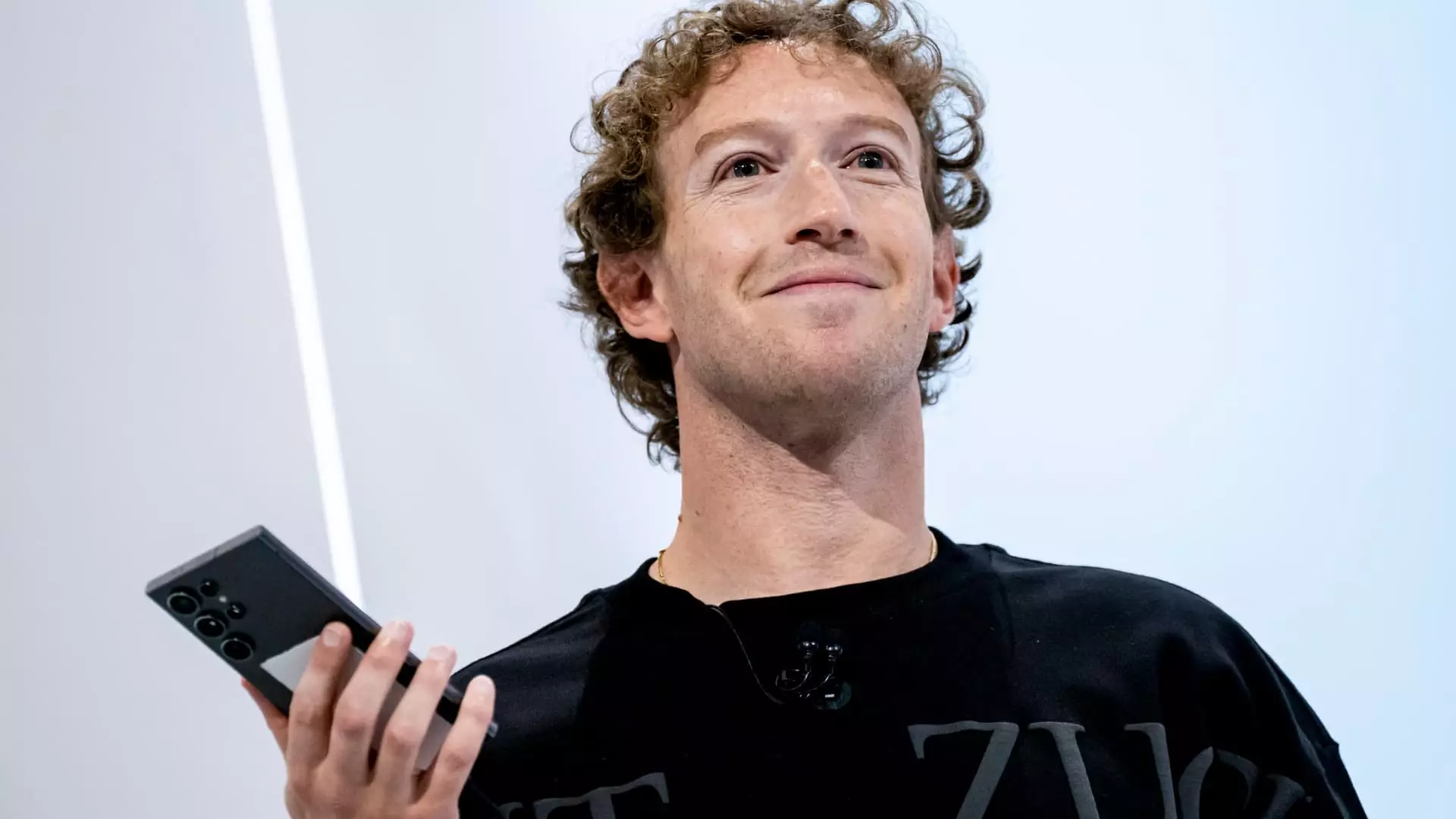The ongoing discussion around Covid-19 vaccines has been a contentious point of debate, encompassing varying opinions surrounding their safety and efficacy. In a recent episode of the Joe Rogan podcast, Meta CEO Mark Zuckerberg unveiled that his company felt significant pressure from the Biden administration regarding content moderation of Covid vaccine side effects. This revelation strikes at the intersection of public health messaging and the responsibilities that tech companies bear in a recapitulatory society.
Zuckerberg’s remarks represent a broader challenge that social media platforms confront: balancing the dissemination of information against the potential for misinformation. At the podcast, Zuckerberg reiterated his support for vaccines but drew attention to the suppression of dissenting opinions. His disclosure that Meta was urged to censor content discussing vaccine side effects raises critical questions about who decides what is acceptable discourse in a digital space that serves as a primary source of information for millions.
The implications of Zuckerberg’s comments can lead to a larger discussion about free speech in the context of misinformation and public health. The pandemic has underscored the need to control the narrative surrounding health-related issues, yet it has also raised the alarm regarding potential overreach in moderating genuine discourse, even if it is critical of prevailing narratives.
Zuckerberg’s observations that the Biden administration applied pressure to limit the spread of certain Covid-related discussions reflect a concerning interaction between politics and social media governance. By expressing regret over some of the decisions made under this pressure, he suggests a recognition that the strict content moderation policies may have gone too far. However, the lack of clarity regarding specific figures in the administration who may have made these requests further clouds the issue of accountability.
As Meta shifts its fact-checking strategy to rely on community input rather than professional third-party fact-checkers, the consequences of this transition must be scrutinized. While empowered users may provide diverse viewpoints, it might also introduce an element of chaos where misinformation can flourish unchecked without proper expert oversight. This shift may draw parallels to other platforms like X, further complicating the landscape of social media and its role in political discourse.
President Biden’s condemnation of Meta’s decision to ease fact-checking practices during a press conference is noteworthy. By characterizing the idea of a billionaire-owned platform failing to fact-check as “shameful,” the President not only critiques Meta’s policy revision but introduces a broader dialogue about the societal implications of unregulated online spaces.
Biden’s argument highlights the critical responsibility that tech companies have in maintaining the integrity of information shared on their platforms. The relationship between tech companies and government is intricate; while social media is expected to be a forum for free expression, its influence on public health policy and societal norms cannot be ignored.
Beyond the implications for vaccine discourse, Zuckerberg’s discussions point to a more extensive concern about the technological landscape in the U.S. He noted that government actions have not sufficiently shielded American tech companies, allowing foreign regulators to hold significant sway over large tech enterprises. The remark reflects a need for cohesive national policies to protect innovation and technological progress within the United States.
As the conversation around these issues continues to evolve, the intersections of public health, corporate responsibility, and government regulation demand careful consideration. Ultimately, the challenge lies in navigating the thin line between protecting the public from misinformation while also ensuring that legitimate concerns and discussions are not being suppressed.
Zuckerberg’s revelations about Meta’s interactions with the Biden administration reveal deeper issues at play within the digital information environment. As social media platforms like Meta wrestle with moderation strategies influenced by political pressures, society must grapple with fundamental questions about the nature of discourse, accountability, and the responsibilities of both companies and governments in fostering a healthy public debate, especially regarding matters of life and death.


Leave a Reply